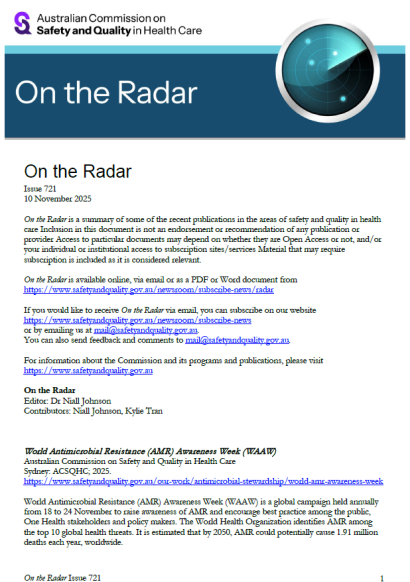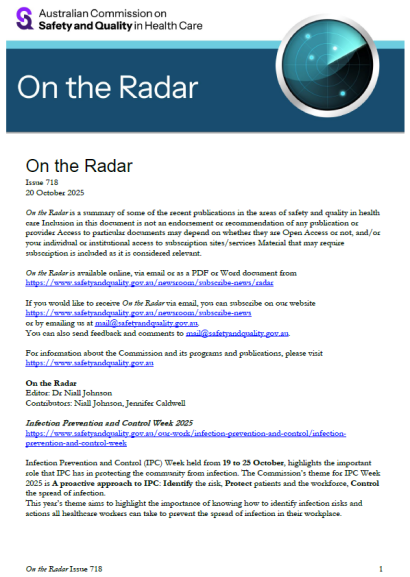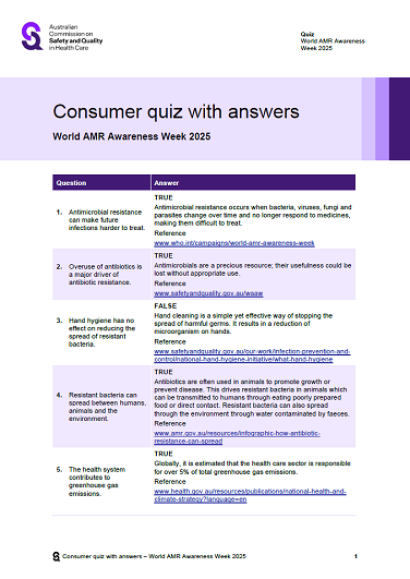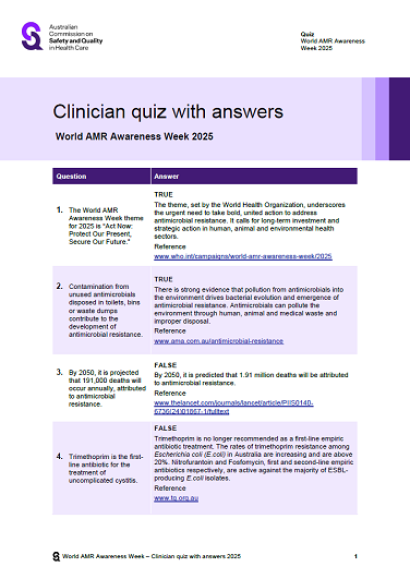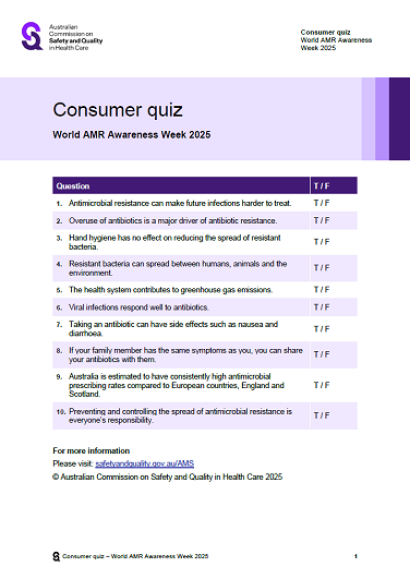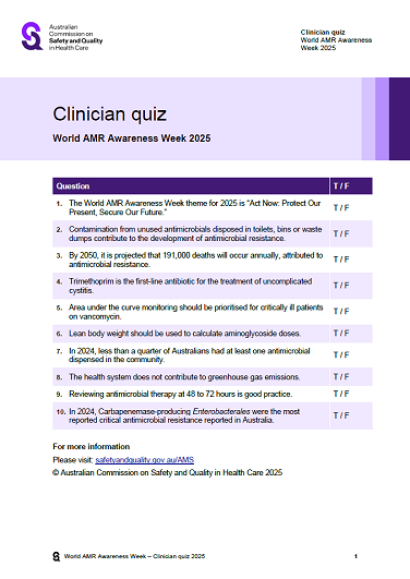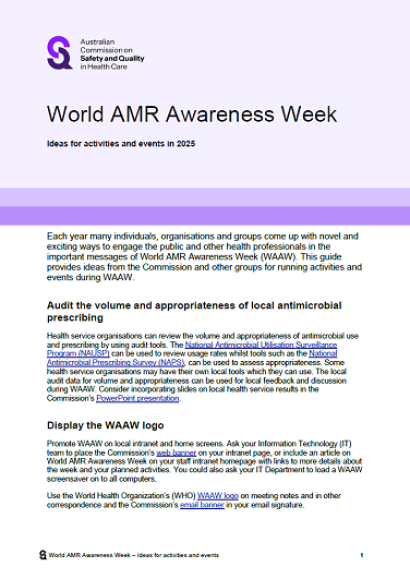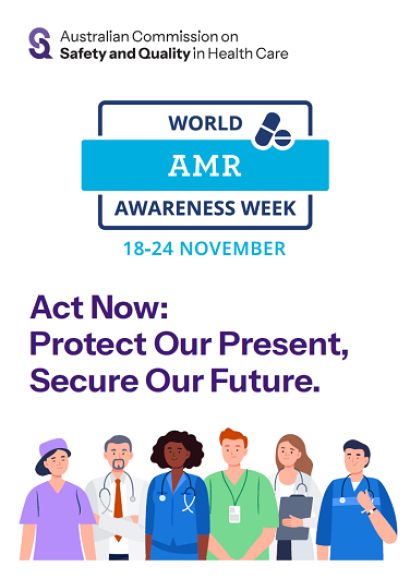The Diagnostic Imaging Accreditation Scheme Advisory Committee provides oversight, expertise and consumer input. Members advise on matters to ensure appropriate quality and safety standards are applied to diagnostic imaging.
Making decisions about health is important but sometimes health information can be hard to understand, so making decisions can be difficult. Ask Share Know will help consumers learn about tests, treatment or care.
The MedicineWise Drs Bag mobile application will be decommissioned at midday AEDT on 10 February 2026.
The MedicineWise mobile application will be decommissioned at midday AEDT on 10 February 2026.
Co-design is an engagement practice that health services can use to meaningfully engage and partner with patients, their families and carers, and the wider community.
Several resources have been identified which are relevant for improving safe and appropriate use of medicines in people living with diabetes.
Keynote speakers and panellists who presented at the National Medicines Symposium 2025.
The National Medicines Symposium 2025 was held on 22 October and delved into the safe and appropriate use of medicines in people with diabetes.



